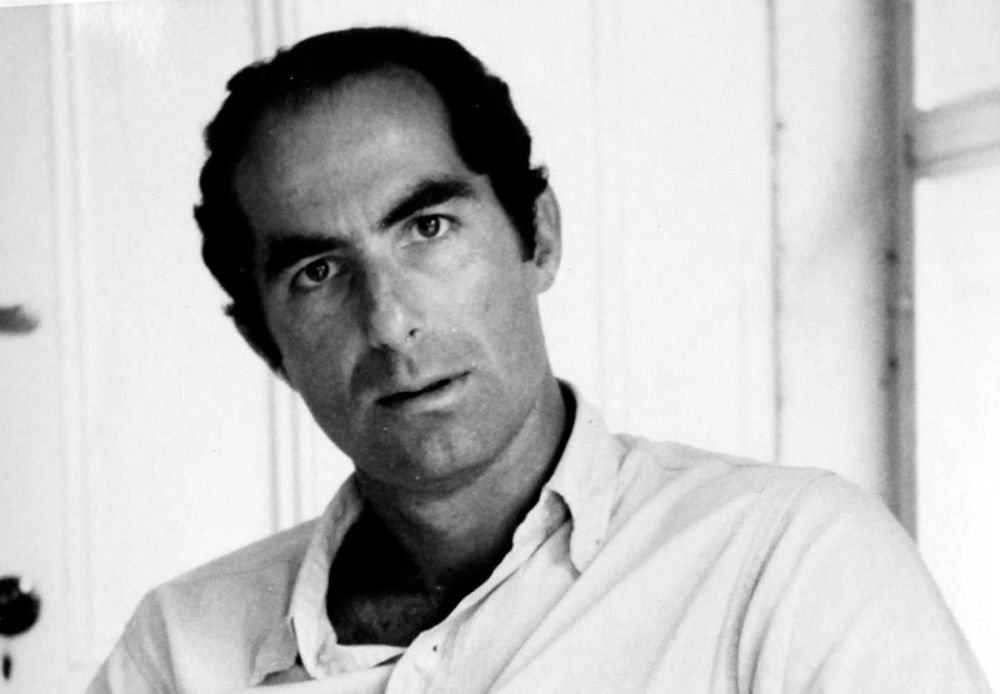PR
Philip Roth has died. He stopped writing a few years ago, but for a long time I'd considered him the best America author around. Every year I was hoping he'd finally get the Nobel Prize in Literature (though this year, their last chance, they stupidly decided to hold off giving the award until 2019 because of sexual abuse scandals--good work, guys, and also thanks for not giving them posthumously).
Until he gave up writing, he was a hard worker, finishing a novel about every year or two (mixed in with occasional non-fiction). He started in the 1950s publishing short stories, when he was in his 20s, and right from the start you could tell he had immense talent. His 1959 collection Goodbye, Columbus announced to the world here was a young man to be reckoned with, someone with style, humor, pace and a great ear for dialogue.
His next two books, Letting Go and When She Was Good, showed he could write longer works, even if neither were the breakthrough novel he was looking for. Then in 1969 came Portnoy's Complaint, with equal parts humor and pain, and set in the world of American Jews--a subject he'd investigated before, and one that would produce riches for the rest of his life.
Portnoy's Complaint was also a runaway bestseller (partly for its laughs, partly for the fact it was considered dirty), putting him at the top of the American literary world. He seemed dazed by success, though, and followed it up with three of his weirdest works: Our Gang, a book-length rant against Nixon; The Breast, where a man becomes a large breast (sort of a mash-up of Gogol, Kafka and the modern Jewish world); and The Great American Novel, which mixed mythology and baseball.
But he settled down, if that's the word for it, in the late 70s and 80s, and truly came into his own with his books featuring Nathan Zuckerman, Roth's alter ego (seemingly). There's the first trilogy, for example--The Ghost Writer, Zuckerman Unbound and The Anatomy Lesson--where he was writing at the top of his craft. He followed it up with another Zuckerman, The Counterlife, sort of a meta-novel where he topped himself. In the 90s he'd return to Zuckerman, producing fine work such as American Pastoral and The Human Stain.
Not that I loved everything he did. He could get self-indulgent, or travel along tangents that weren't productive. I'm not a big fan, for instance, of Sabbath's Theater or Operation Shylock (though others are).
Anyway, no more Roth, and no more new novels. But there are still a fair number I haven't read, so I know what I'll be doing the rest of the year.


1 Comments:
He is a mixed bag for me. The Zuckerman stuff never did it for me though I liked a lot of the other stuff and short stories especially. I did just finish The Plot Against America though and found it much more engaging than I expected
Post a Comment
<< Home